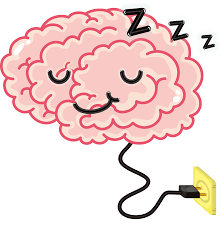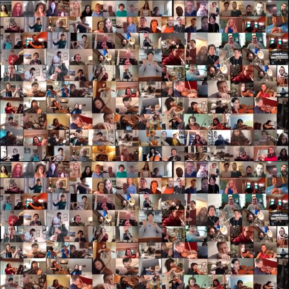-
Learning and memory: the role of sleep, exercise, and nutrition
There was a recent article in my local newspaper about students, stress, and learning. Unfortunately, the article didn’t mention sleep, because sleep is a crucial factor both for alleviating stress and for the encoding and consolidation of memory. Exercise and good nutrition also play a role in learning and memory. So while we tend to…
-
More music for a time of uncertainty
Classical music critic Michael Andor Brodeur wrote in The Washington Post this morning about why classical music is so important during this time of crisis, and why classical musicians are creating a new space for themselves in the virtual world. His article, In a time of uncertainty, classical music provides a sense of permanence, is a must-read. Brodeur’s…
-
Music for our self-isolating times
A friend remarked yesterday that artists are really stepping up during this pandemic, aware that the arts bring people together during times of crisis. We’ve all seen the videos of Italians singing from their balconies in solidarity and in appreciation to health care workers. The web is full of playlists and suggestions for listening, and…
-
Musicians are not “the athletes of small muscles”
Musicians are often compared to athletes because, like athletes, we practice a lot, we use repetitive motions, and we’re often performing or playing under stress. Unfortunately, within the past few years, the comparison with athletes has led to referring to musicians as “the athletes of small muscles.” I don’t know where this phrase originated, but…

